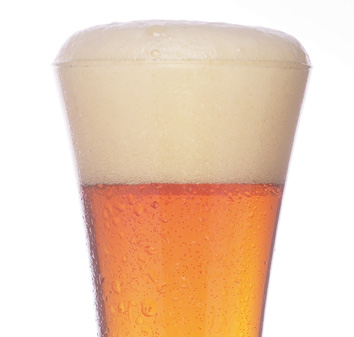Organised crime is behind the counterfeiting of many consumer products – including fine wines, according to a report by the Fraud Advisory Panel, free to read online.
The sheer size of the market, the numerous supply channels, the churning of online sales lists without anyone inspecting the wine, a large number of small- and medium sized operators (SMEs), and a modern consumer mindset more concerned about price than authenticity – all add up, to make it very easy to feed fakes into the legitimate supply chain, including supermarkets, according to the report. It points to denial by the trade, whether big brands or auction houses, which itself makes it harder to tackle frauds. So does the sheer conviviality of the drinks trade, and doing business on a handshake – which criminals can exploit. Tech isn’t seen as the answer, let alone a quick answer, to spotting fakes, as chemical testing of the wine itself mostly requires the bottle to be opened, destroying the value.
Such counterfeiting is easier than you might imagine, says Maureen Downey, the ‘Sherlock Holmes of wine fraud’. She told the Panel last year: ‘Emptying and refilling legitimate bottles with lower quality wine is easily done using a special tool which doesn’t disturb the cork. A simple label swap can turn a US$1,000 bottle from 2004 into a US$10,000 bottle from 2005 without touching the contents.’
A shift by legitimate wine producers to digital printing has also made labels much easier to replicate, she added. “Sometimes all these things are being done by corrupt operators inside the legitimate supply chain.” Or, the counterfeiters are making replicas of fine or rare wines – sometimes small batches made in a domestic kitchen, or mass-produced in criminal factories. The very best of these use high quality replicas of bottles, labels, caps and packaging – even the tissue paper – making them difficult to spot. Even the wine used in a high-end fake will be of exceptional quality, blended to approximate the real thing; and maybe even with security features (faked) such as micro writing.
As in other counterfeit fields, the illicit supply chain is very much like the legitimate one; with specialist manufacturers, wholesalers, retailers and logistics. Alongside the fine wines, there is a FMCG (fast-moving consumer goods) market supplying cheaper fakes. According to David Richardson, from the trade body the Wine and Spirit Trade Association, criminals can make £3 to £5 a bottle selling cheap wine dressed as a popular brand, while paying no tax. When one brand gets too ‘hot’, the criminals switch.
On the health side, the report points to counterfeit spirits rather than wine as dangerous – fake “vodka” often contains dangerous additives, and includes methanol (rather than ethanol), which can damage drinkers internally or kill. As with other counterfeits, legitimate businesses are under-cut, as is the Exchequer; alcohol tax revenues lost to fraud are estimated at £1.2bn in 2020/21.
Among the advice; put provenance before price, and (as with scams in general) if the offer or deal is too good to be true, it probably is.
You can read the 16-page report on the Fraud Advisory panel website – https://www.fraudadvisorypanel.org/.









